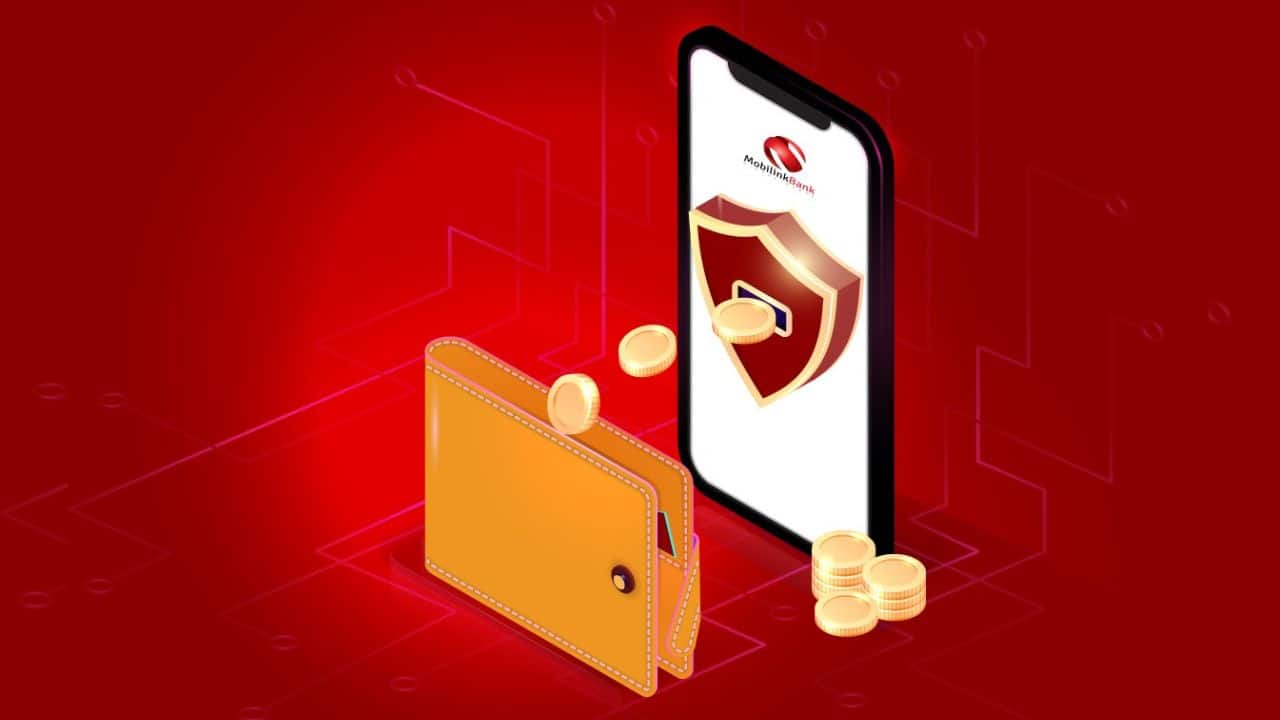Family remittances are the funds sent by individuals working abroad to support their families or relatives in their home country. In Pakistan, as in many other developing countries, family remittances hold vital importance.
Pakistan has a large diaspora living in different countries, particularly in the Gulf region, the United States, the United Kingdom and Europe. These overseas Pakistanis send a considerable amount of money back home to support their families.
According to the State Bank of Pakistan (SBP), remittances sent by overseas Pakistanis reached a record seven-month high of around $2.53 billion in March 2023, making it one of the highest remittance-receiving countries globally.
The significance of family remittances is multi-faceted. They not only provide a lifeline for many families, especially in rural areas, where opportunities for employment and income generation are limited but contribute to poverty reduction, improved living standards, and enhanced access to education and healthcare among other essential needs as well. They often act as a source of stability for low-income households facing economic challenges.
In 2022, Pakistan received a significant share of remittances from the Gulf region between January and November, according to official data from SBP. During this period, the country received a total of $14.99 billion in remittances from Gulf Cooperation Council (GCC) member states, contributing to an overall remittance inflow of $27.48 billion. The major contributors to these remittances were Saudi Arabia, which sent $6.67 billion, followed by the United Arab Emirates (UAE) with $5.10 billion.
However, remittance inflows experienced a slowdown recently. This gap between the open and interbank markets was led by the increased use of informal channels for remittances, according to Dr. Khaqan Najeeb, former advisor to the finance ministry. To address these challenges, banking experts suggested narrowing the gap between formal and informal markets by implementing a market-based exchange rate, which could incentivize expatriates to utilize formal banking channels.
As experts delve into the intricacies of this issue, it has become evident that families relying on remittances encounter various hurdles, including difficulties associated with traditional channels, physical cash transfers, and limited access to banking services in unbanked and underbanked communities.
“The growing prominence of informal remittance channels has increased the gap between the formal open market and the regulated interbank market. While these alternative channels offer flexibility, their lack of transparency, susceptibility to fraud and limited accountability create an environment of uncertainty,” stated Ghazanfar Azzam, President and CEO of Mobilink Bank.
“However, amidst these challenges, there is hope for bridging the gap and revolutionizing remittance transfers. Innovative digital solutions that leverage technology and promote financial inclusion have emerged as beacons of progress. Mobile banking and digital payment platforms have demonstrated their potential to bridge the divide, enabling safe, efficient and cost-effective remittance transfers. Platforms like Sohni Dharti Remittance Program and Freelance Payments offered by Mobilink Bank’s JazzCash (in collaboration with Payoneer) not only provide greater transparency but also reduce the reliance on physical cash, mitigating associated risks as well as facilitating accessibility for families, regardless of where they reside,” he added.
In addition to technological advancements and regulatory support, education and awareness play a key role in bridging the gap and revolutionizing remittance transfers. Empowering individuals with knowledge about digital solutions, such as mobile banking and digital payment platforms, is crucial for their adoption and effective utilization. By uniting public and financial institutions, technology providers and think tanks in a concerted effort, Pakistan can catalyze a transformative revolution in remittance transfers, bridging the divide and propelling global financial inclusion to new heights.
Ultimately, a well-informed user base will contribute to the widespread adoption of innovative solutions and ensure the long-term sustainability of bridging the gap in remittance transfers.





















